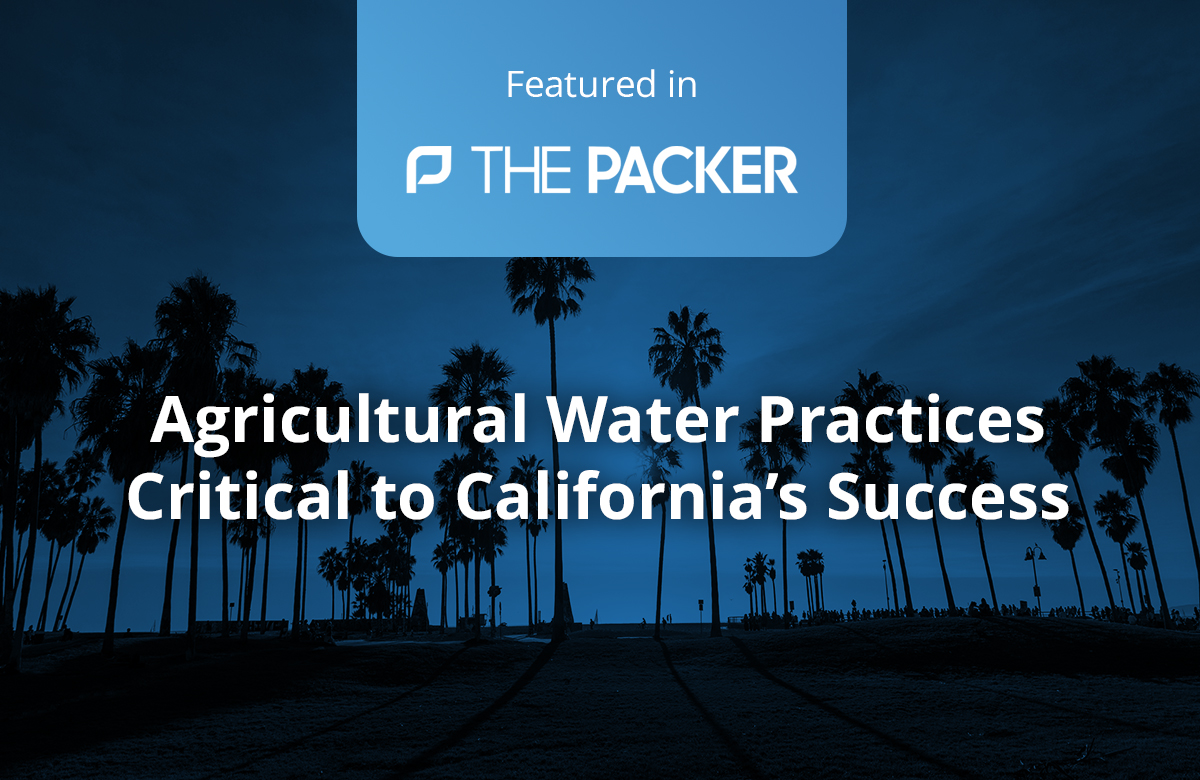
Agricultural Water Practices Critical to California’s Success
Meena Sankaran, founder and CEO of Ketos — a California and Texas-based company offering a vertically integrated water quality monitoring platform for agricultural, commercial and
Learn How Automated Water Sampling Saves Cities & Businesses Hundreds of Hours Each Year…

PFAS Exposure In the USA
WEBINAR: Operational Value of Water Quality Intelligence in Agriculture
Oct 23, 2024 at 11:00 AM EST

Meena Sankaran, founder and CEO of Ketos — a California and Texas-based company offering a vertically integrated water quality monitoring platform for agricultural, commercial and
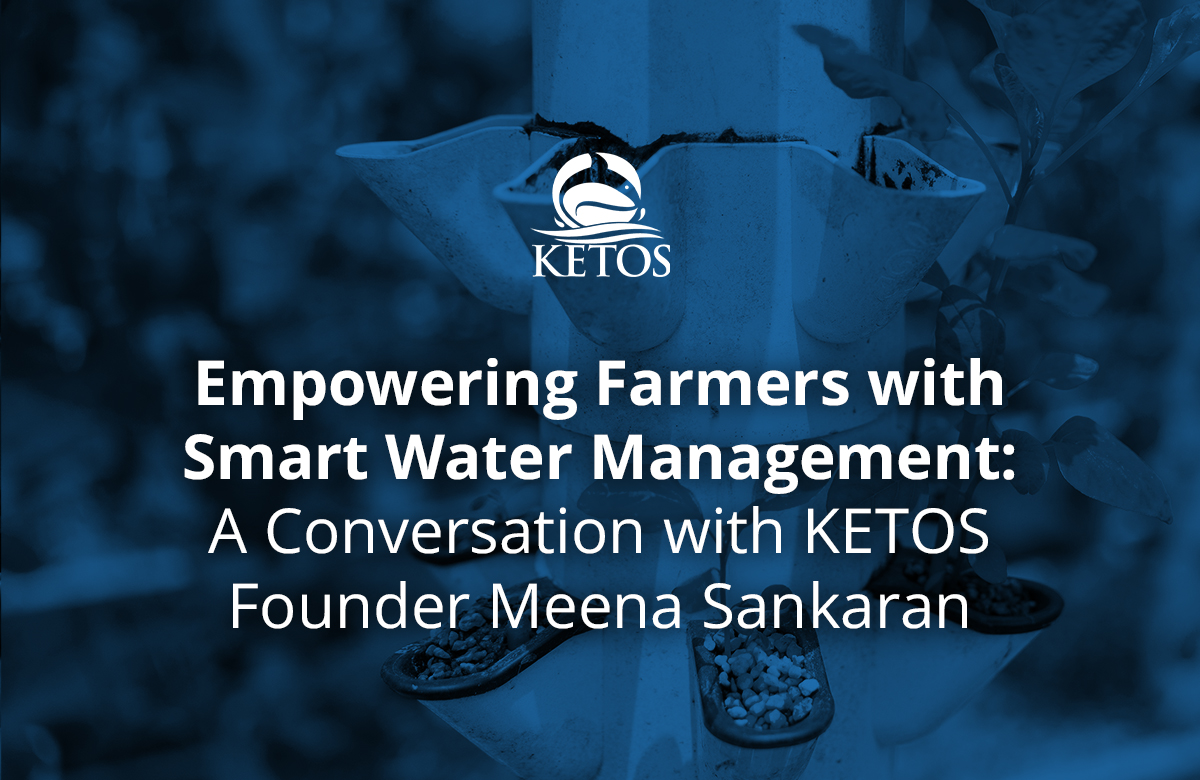
Water is one of the most vital resources in agriculture, yet it’s also one of the most at risk. Across the United States, farmers and
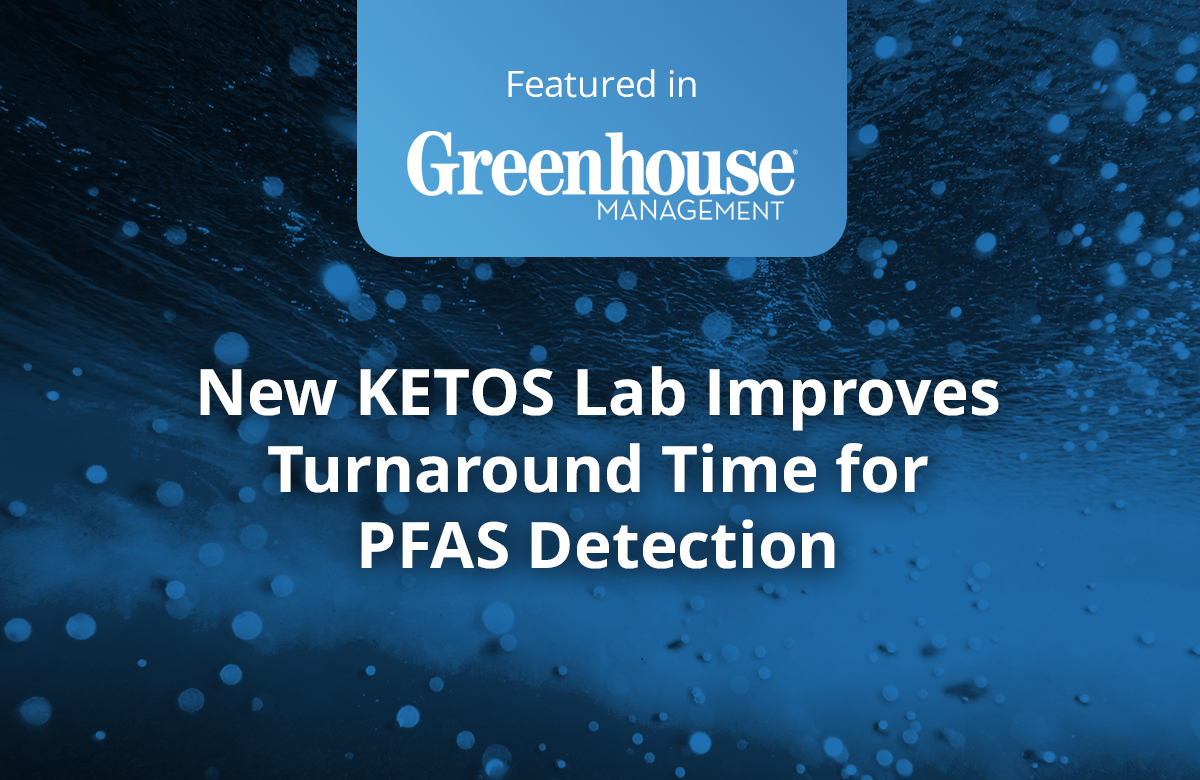
Automated water testing company KETOS has announced the KETOS Environmental Lab Platform, its new in-house Environmental Lab Testing Services for residential and commercial clients. The testing

KETOS announced KETOS Environmental Lab Platform, its new in-house Environmental Lab Testing Services for residential and commercial clients. The testing services, which will be conducted
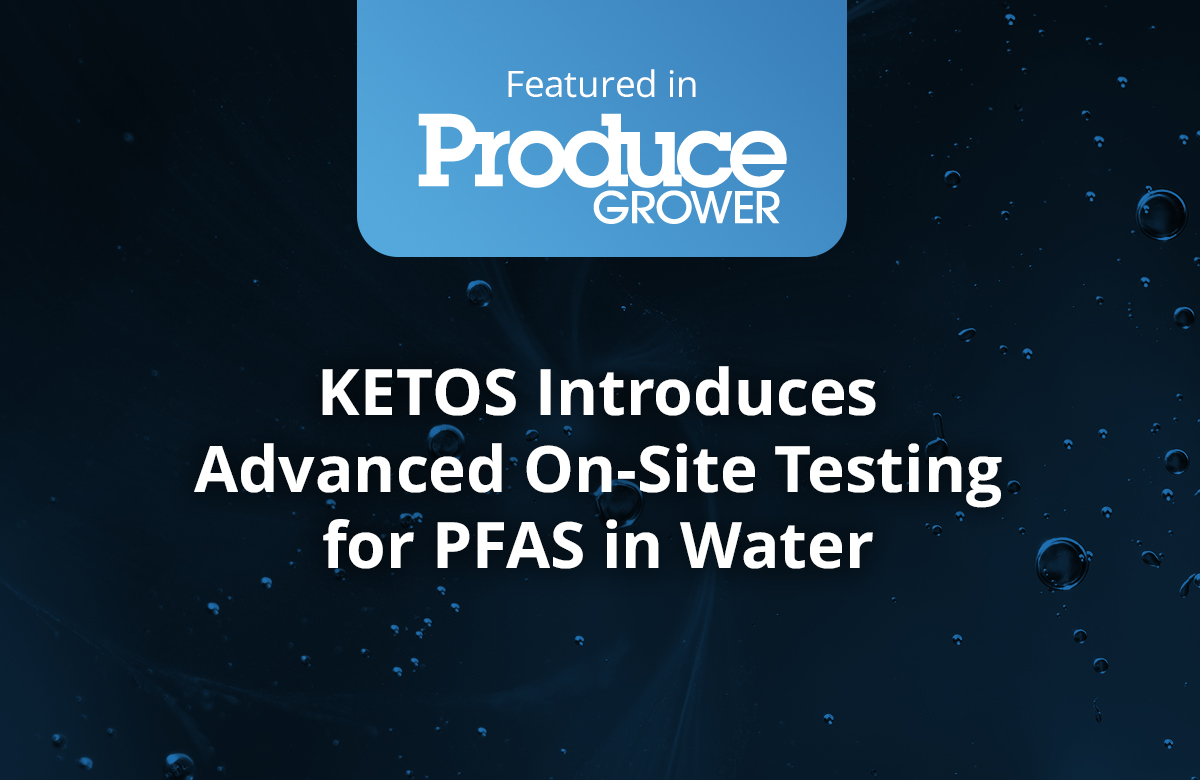
Automated water testing company KETOS has announced the KETOS Environmental Lab Platform, its new in-house Environmental Lab Testing Services for residential and commercial clients. The testing
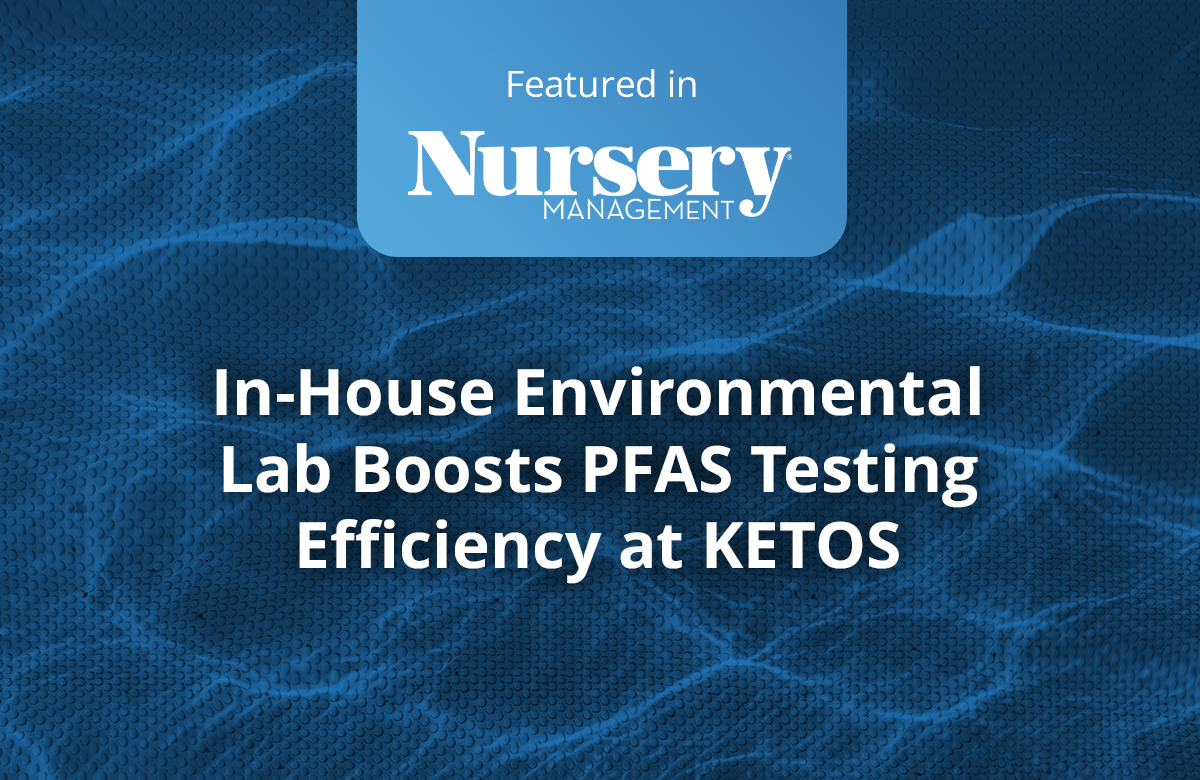
Automated water testing company KETOS has announced the KETOS Environmental Lab Platform, its new in-house Environmental Lab Testing Services for residential and commercial clients. The testing
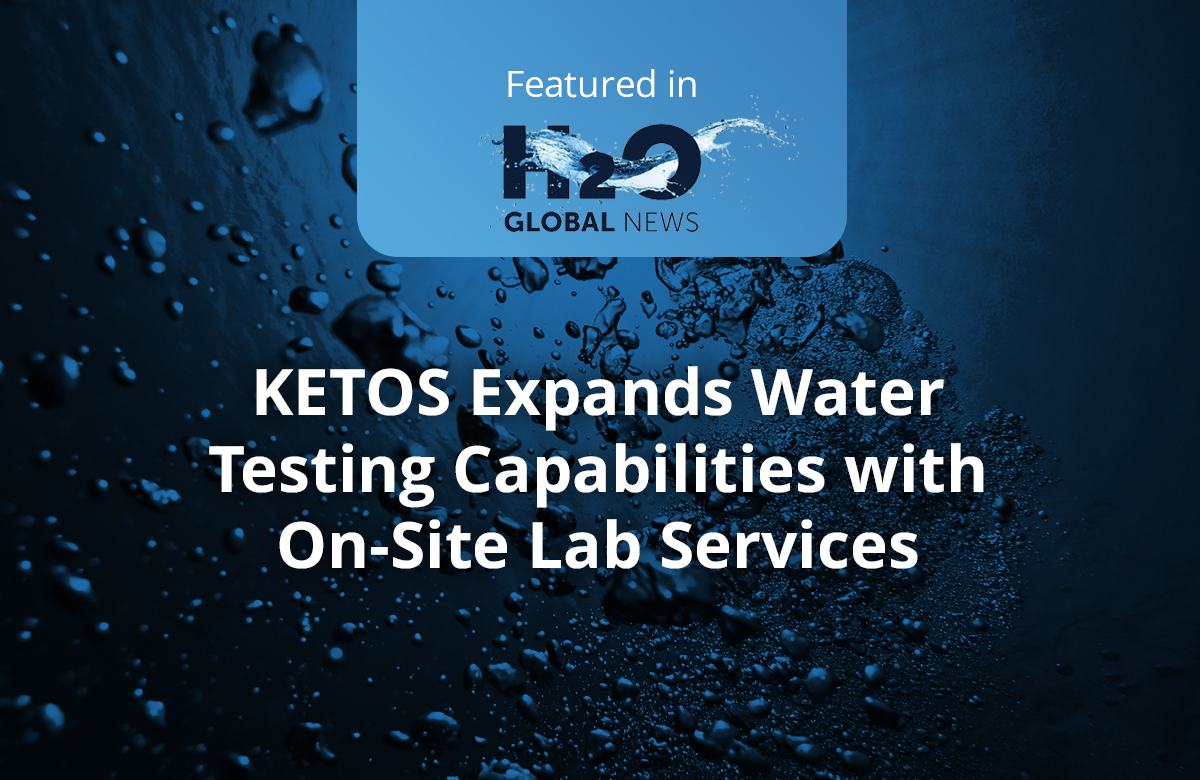
KETOS, a company in automated water testing solutions, today announced KETOS Environmental Lab Platform, its new in-house Environmental Lab Testing Services for residential and commercial clients.
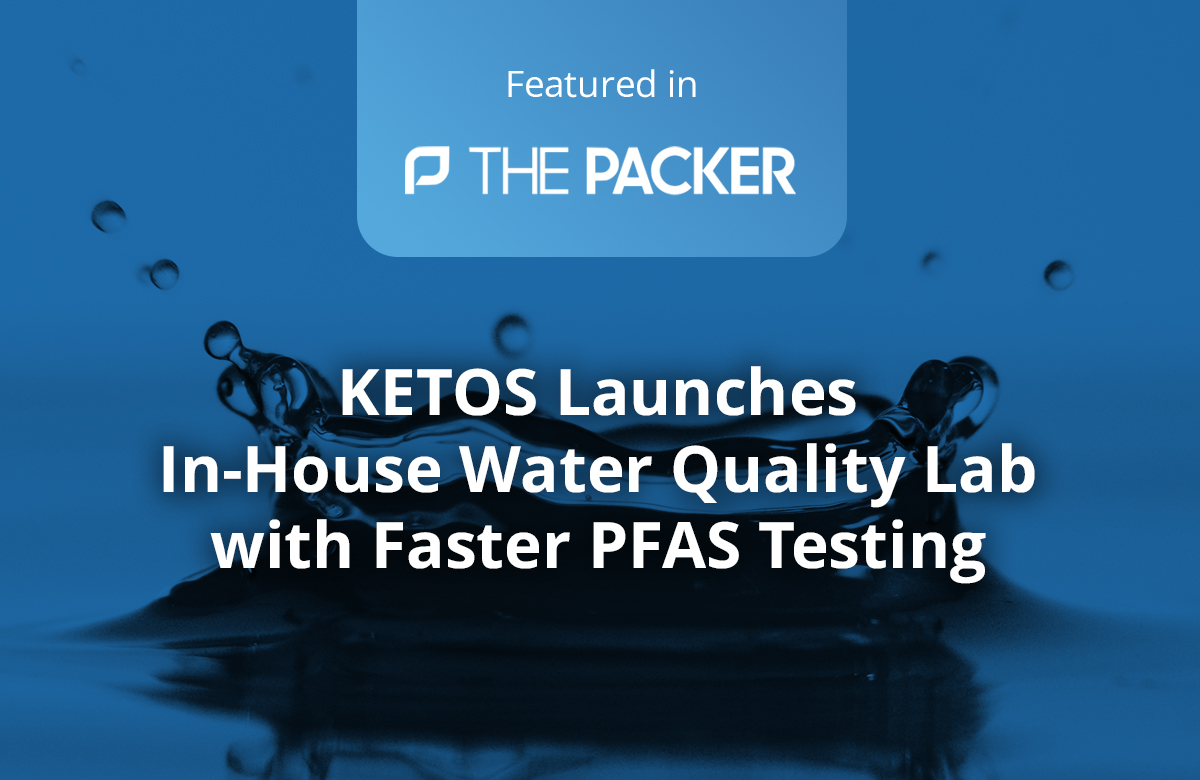
KETOS, a San Francisco, Calif.-based automated water testing company, announced its Environmental Lab Platform (KELP), its new in-house Environmental Lab testing services for residential, commercial
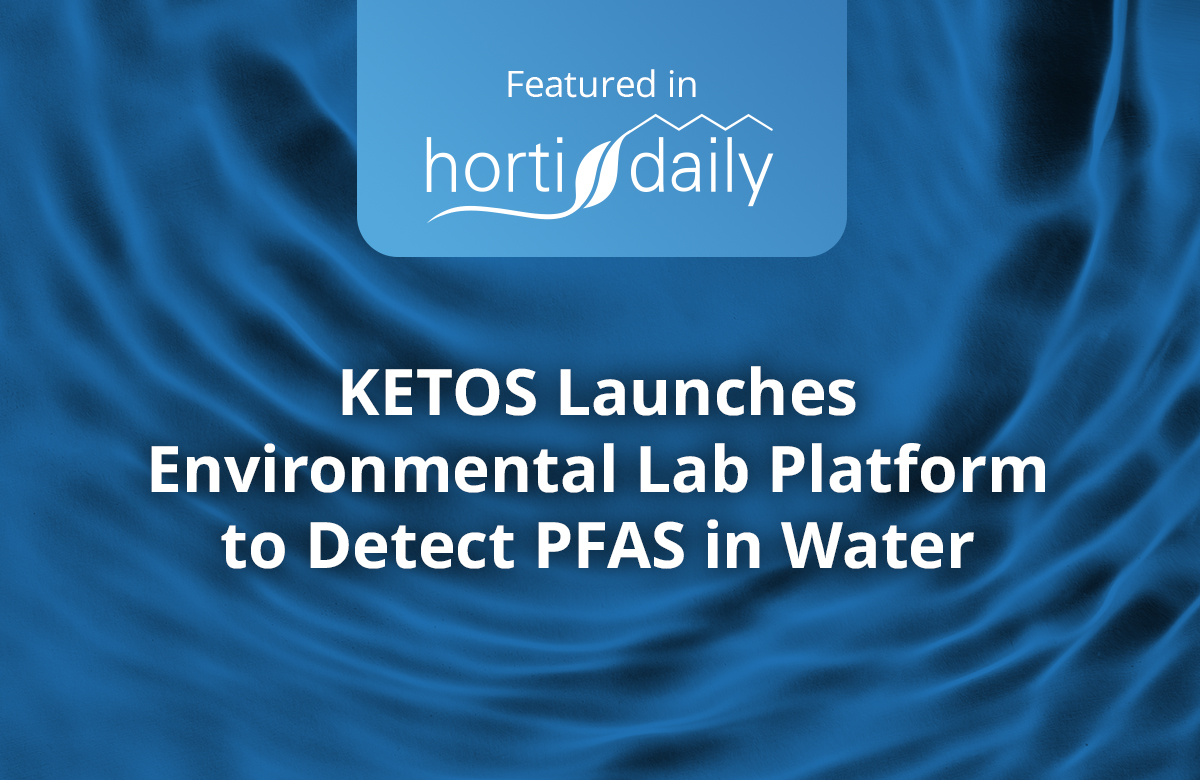
KETOS announced KETOS Environmental Lab Platform, its new in-house Environmental Lab Testing Services for residential and commercial clients. The testing services, which will be conducted
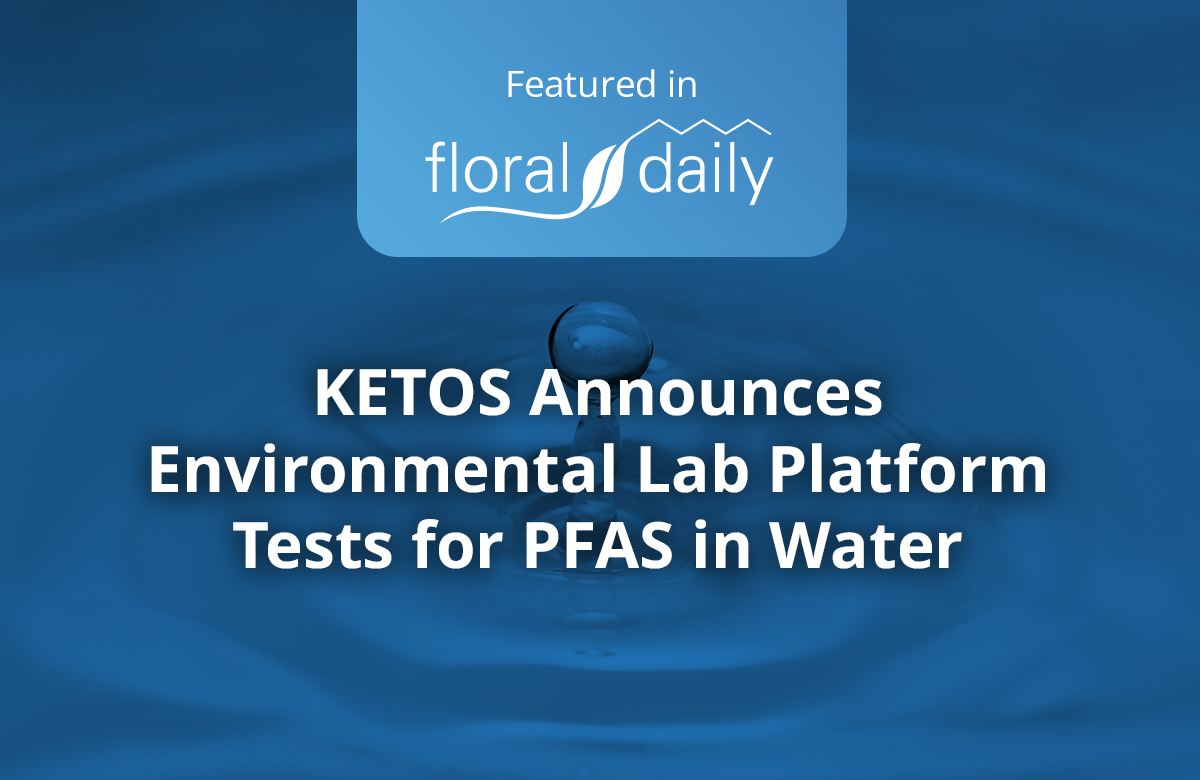
KETOS announced KETOS Environmental Lab Platform, its new in-house Environmental Lab Testing Services for residential and commercial clients. The testing services, which will be conducted
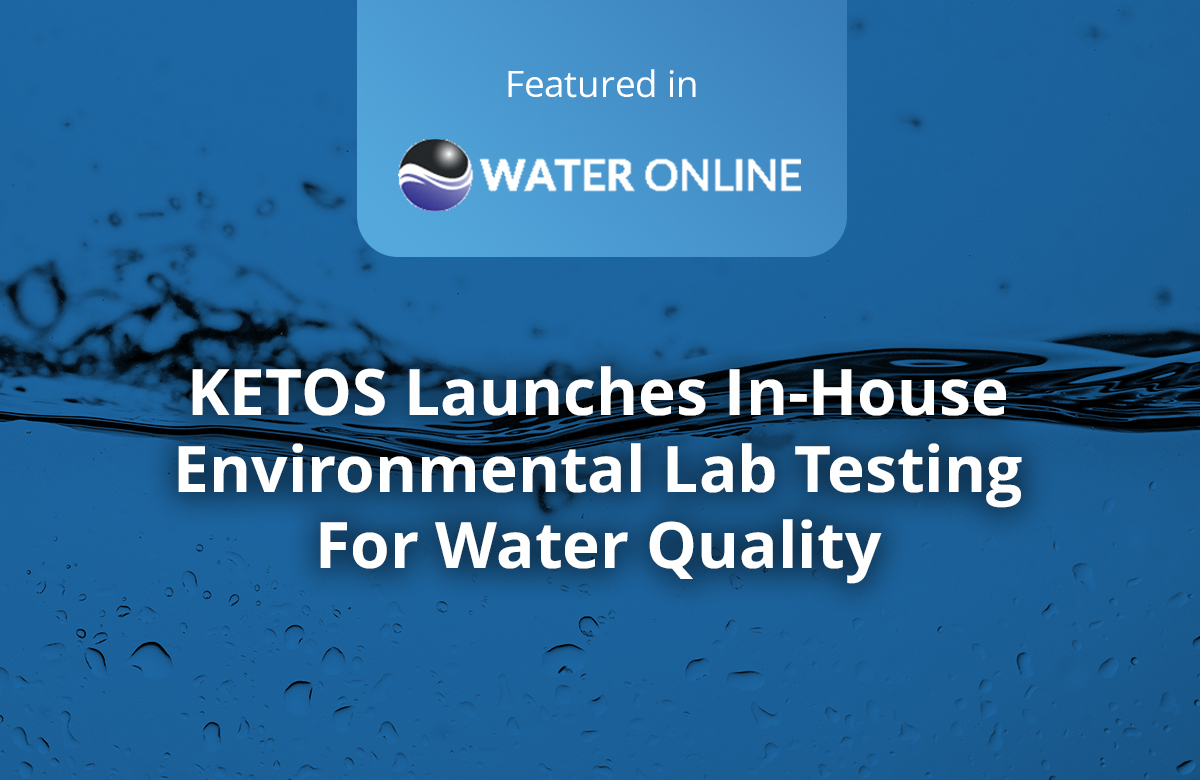
New offering enhances KETOS’ capabilities with comprehensive insights into the quality of manually-drawn water samples for both businesses and homeowners, making it the go-to platform

Meena Sankaran, Founder and CEO of KETOS, has been recognized as one of the 109 founders and investors to know in 2025. KETOS is a water
Subscribe to our newsletter to stay updated with the latest water insights.
"*" indicates required fields
Copyright © All rights reserved.